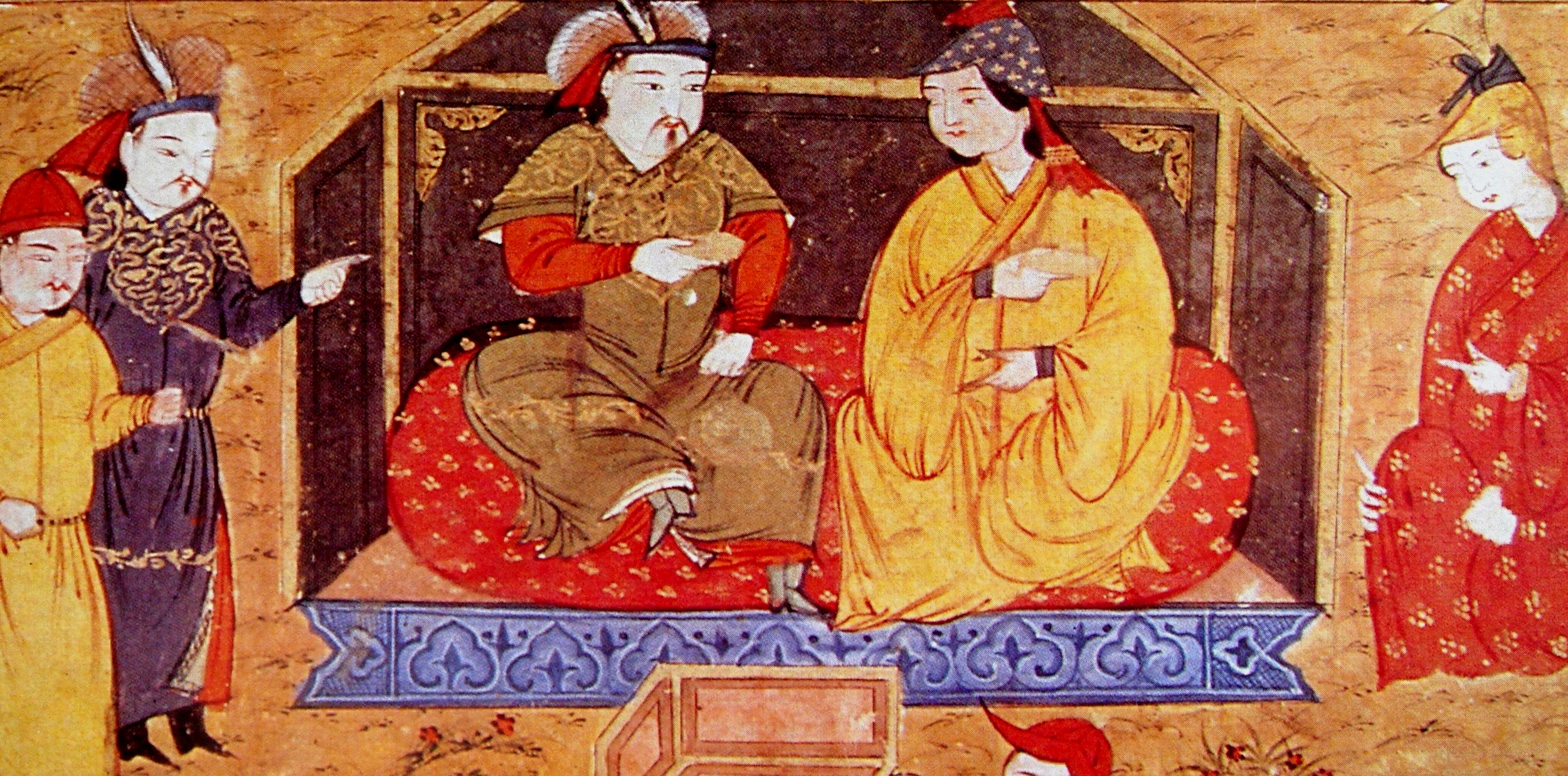Ong Khan, sometimes identified as Prester John, in Marco Polo’s Le Livre des Merveilles - Wikimedia
The Mongols, their conquests, and the travellers who went to see them were all going to necessitate some changes to the Prester John narrative. This episode is all about those changes.
If you like what you hear and want to chip in to support the podcast, my Patreon is here.
Sources:
Prester John: The Legend and its Sources, compiled and translated by Keagan Brewer. Taylor & Francis, 2019.
Sir John Mandeville: The Book of Marvels and Travels, translated by Anthony Bale. Oxford University Press, 2012.
Aigle, Denise. The Mongol Empire Between Myth and Reality. Brill, 2014.
Jackson, Peter. The Mongols and the West:1221-1410. Routledge, 2018.
Rachewiltz, Igor de. Prester John and Europe's Discovery of East Asia. Australian National University Press, 1972.










